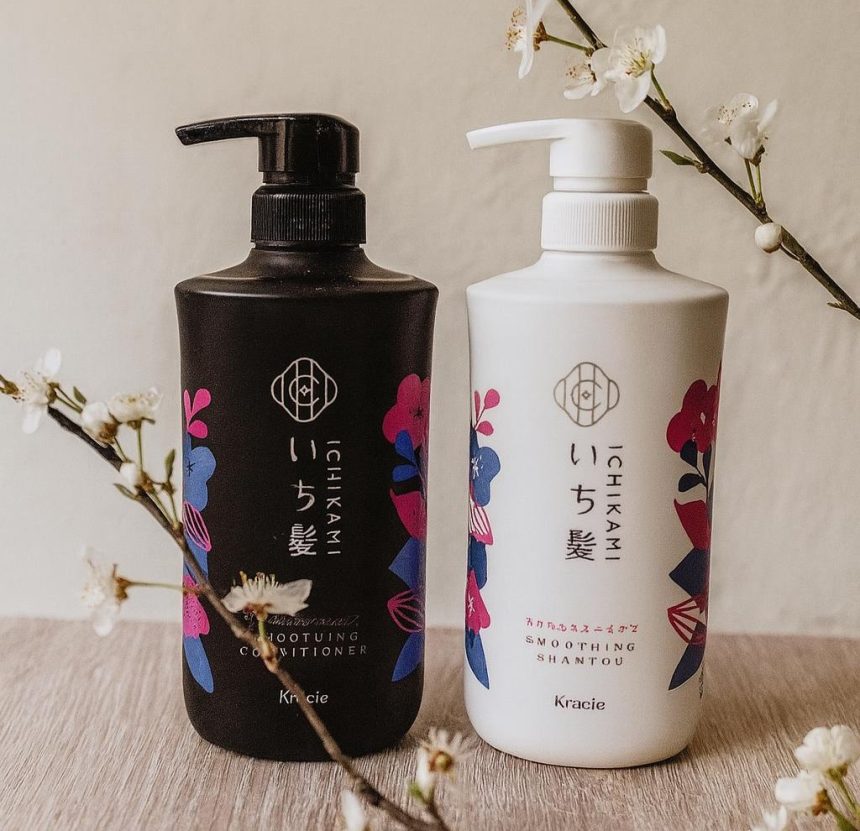Motherhood transforms you in every possible way—and for me, it even changed my hair.
After giving birth to my little boy, I began to experience extreme hair loss and thinning. Every shower ended with handfuls of fallen strands. Between the sleepless nights and the constant balancing act of being a wife, mom, and teacher, I felt like I was losing more than just my hair—I was losing confidence.
Like many moms, I believed a few salon treatments could fix it. But those “miracle” treatments only made it worse. My once soft, shiny hair became dry, brittle, and weak. I stopped enjoying the feeling of brushing it, and most days, I just tied it up in a messy bun, hoping no one would notice.
The Search That Lasted Three Years
For nearly three long years, I tried every product that promised hair repair. From local brands to imported serums, nothing truly worked. My scalp felt irritated, my hair stayed dull, and I missed that sense of simple beauty I used to have before becoming a mom.
It wasn’t until a friend introduced me to Japanese haircare products that things started to change. She said, “Japanese formulas focus on balance—treating both your hair and your scalp.” That idea intrigued me. Instead of covering up the damage, maybe the solution was to heal it from the root.
The First Step to Recovery: Mucota Adllura Aire
I began my journey with Mucota Adllura Aire shampoo and conditioner, a brand I found through BangsVIP. It was love at first wash.
The texture felt creamy but lightweight, and it didn’t leave that waxy film most “repair” shampoos do. Within weeks, my hair felt softer, less tangled, and cleaner at the roots.
What really impressed me was how it restored balance to my scalp—no more dryness or itching. Over time, the breakage stopped, and I started noticing tiny baby hairs growing along my hairline.
After years of disappointment, seeing those new strands was emotional. It wasn’t just hair growing back—it was hope growing back.
Leveling Up: My Ichikami Smoothing Discovery
After nearly a year of using Mucota, I felt confident enough to explore another Japanese brand: Ichikami Smoothing Shampoo and Conditioner.
Honestly, I didn’t expect much. But after the first wash, I couldn’t believe how silky and smooth my hair felt. It was as if I had just stepped out of a salon—except this time, it was from my own bathroom.
The scent was another gift. A soft floral fragrance, gentle and relaxing, almost like walking through a Japanese garden in spring. For a busy mom like me, even that small sensory escape felt like therapy.
What sets Ichikami apart is its honesty. It doesn’t claim to magically “fix” your hair overnight—it just works. The smoothness, the shine, the healthy bounce—it all feels real, not artificial. Even though it’s on the pricier side, it’s worth every drop because it truly delivers on its promise of salon-quality results.
Why Japanese Haircare Feels Different
Through my experience, I realized why Japanese products stand out. They’re gentle but powerful, built on balance and long-term nourishment rather than harsh chemicals. Both Mucota and Ichikami focus on protecting hair cuticles and restoring scalp health, not just masking damage.
In short: Japanese haircare treats your hair like it’s alive—and it shows.
For moms dealing with post-partum hair loss, or women struggling with dryness and frizz, this approach is a breath of fresh air. It’s a reminder that healing takes time, and with the right care, beauty always finds its way back.
Final Thoughts: Finding Confidence Again
Looking back, my hair journey mirrors my motherhood journey—messy, emotional, but full of growth. What started as frustration became a lesson in patience and self-care.
Today, when I run my fingers through my soft, smooth hair, I feel more like myself again. Not the tired teacher or the busy mom, but the woman who still loves to feel beautiful, curious, and alive.
If you’ve been searching endlessly for a haircare solution, try Japanese shampoo. It may not just change your hair—it might restore your confidence too.
Because when your hair feels healthy, you do too.


Leave a Reply